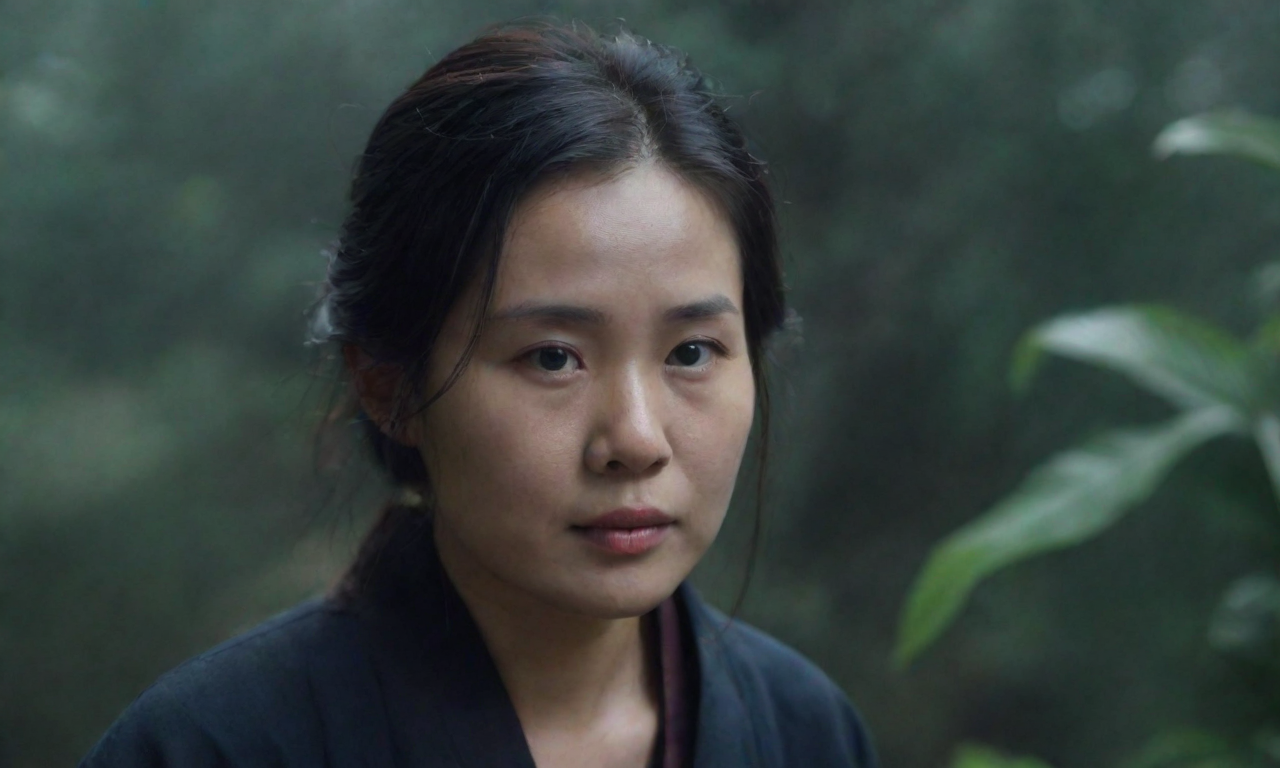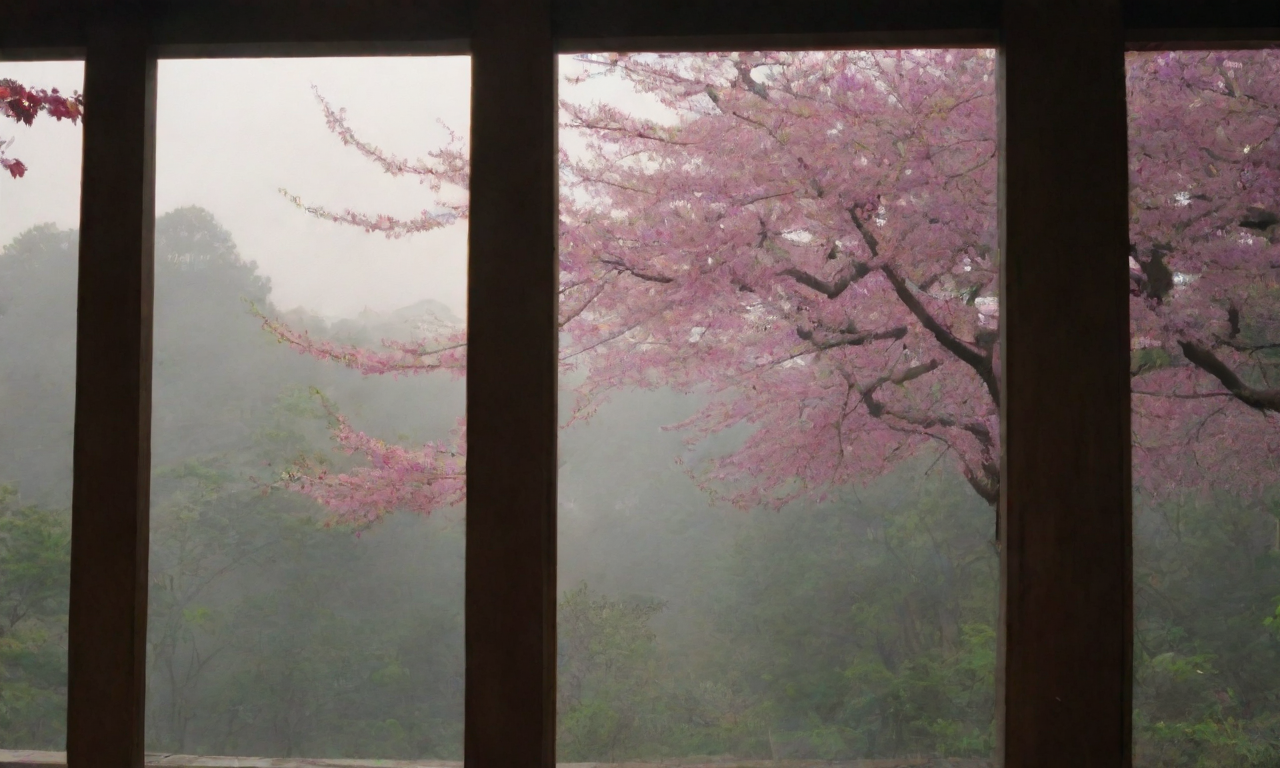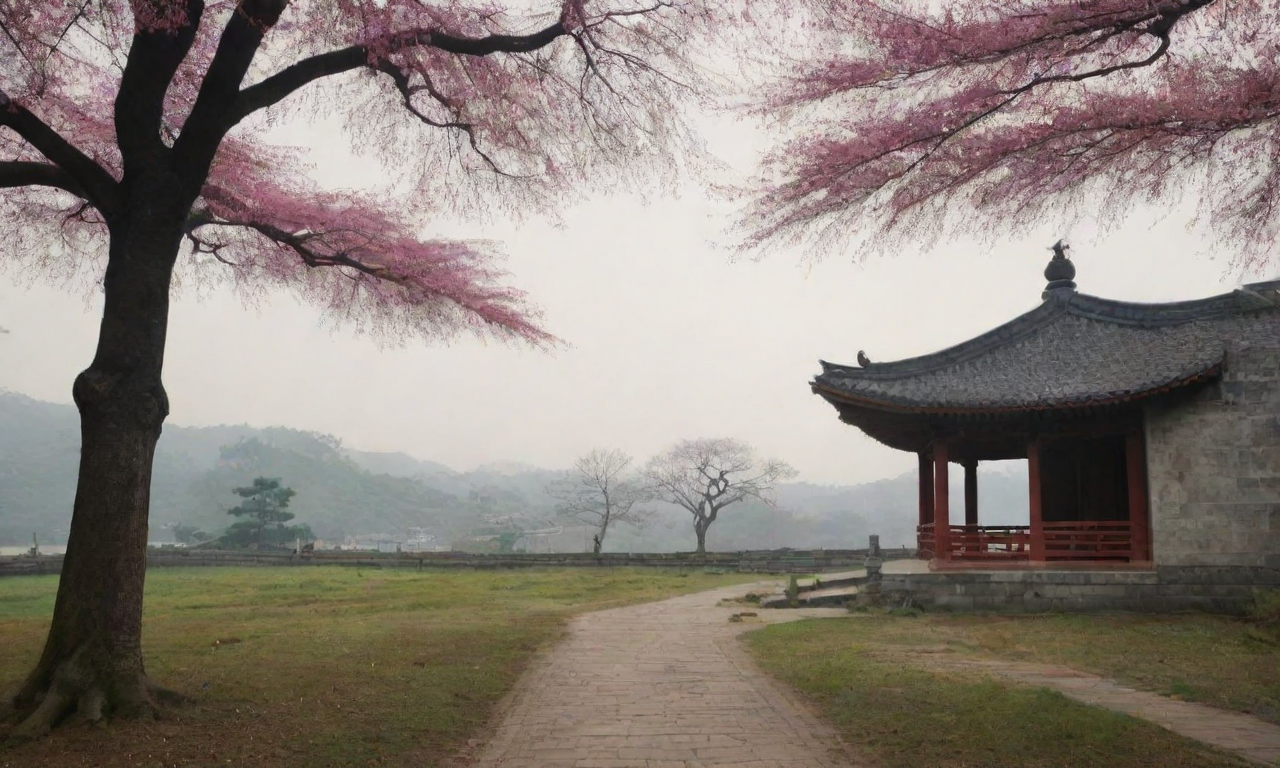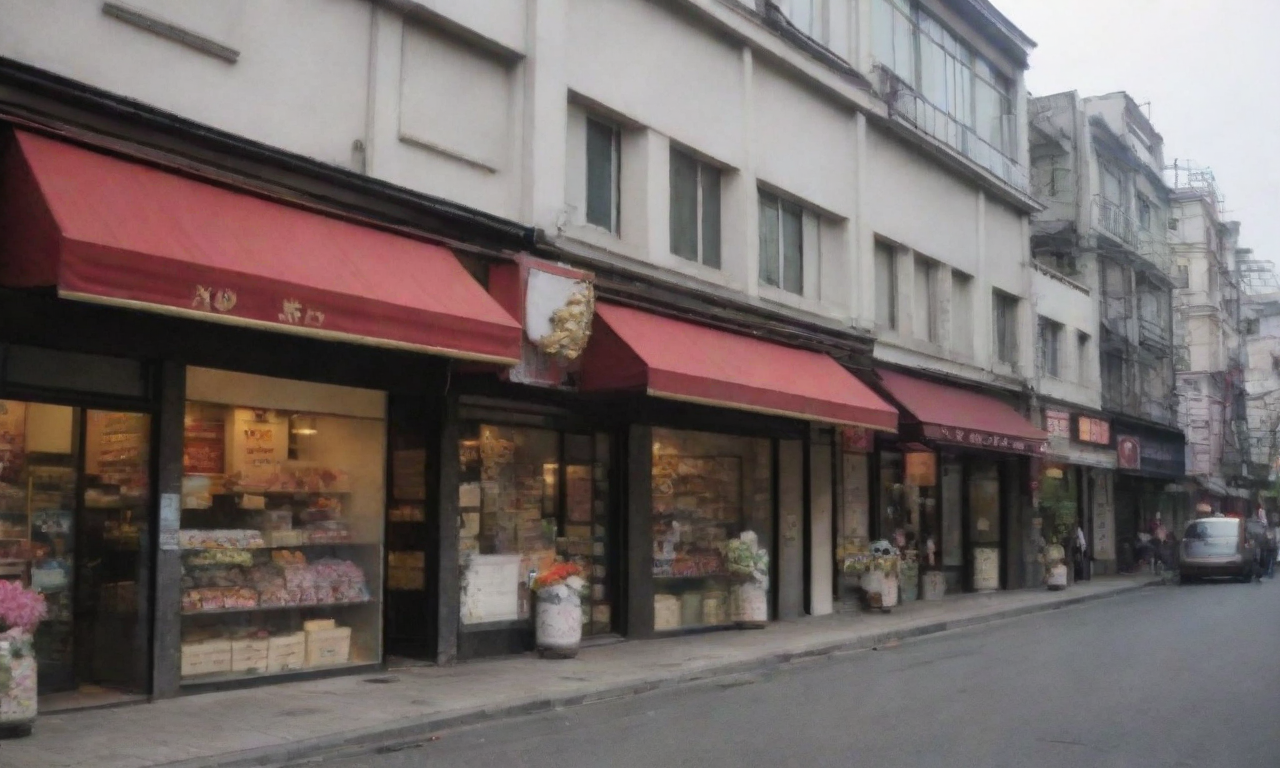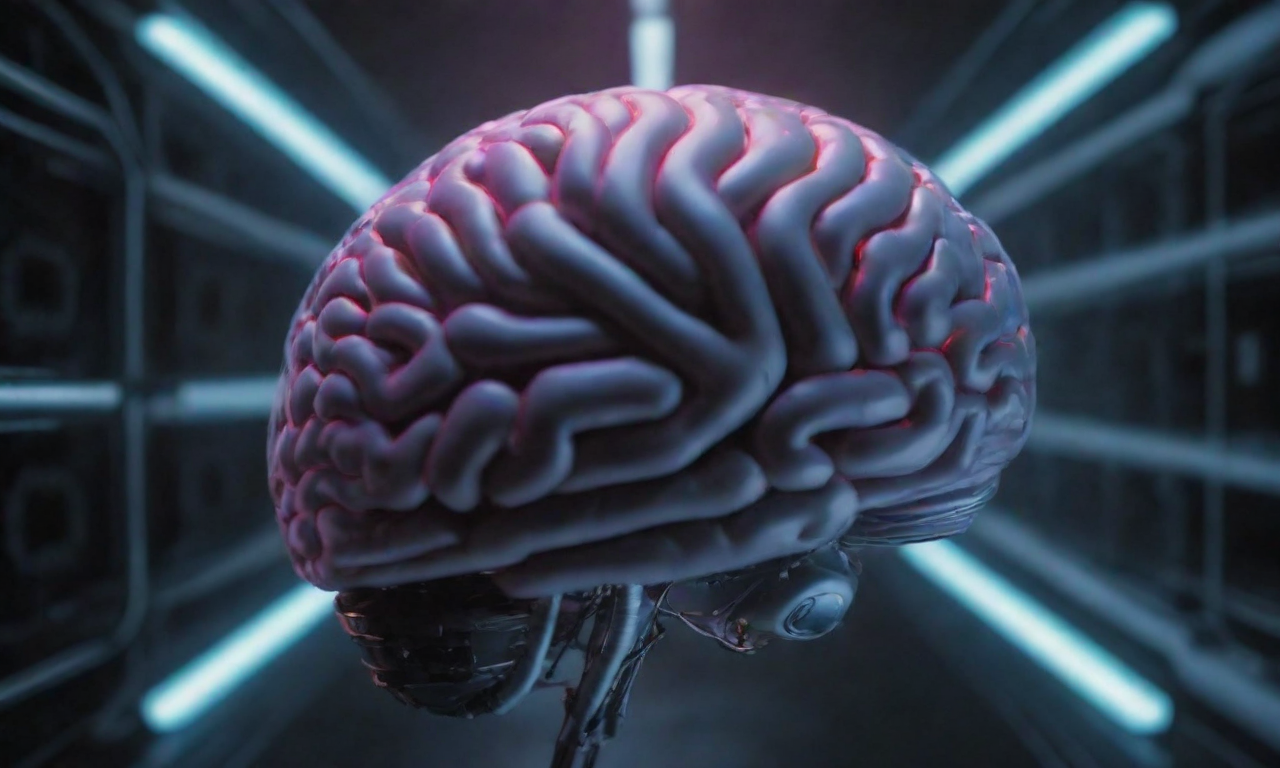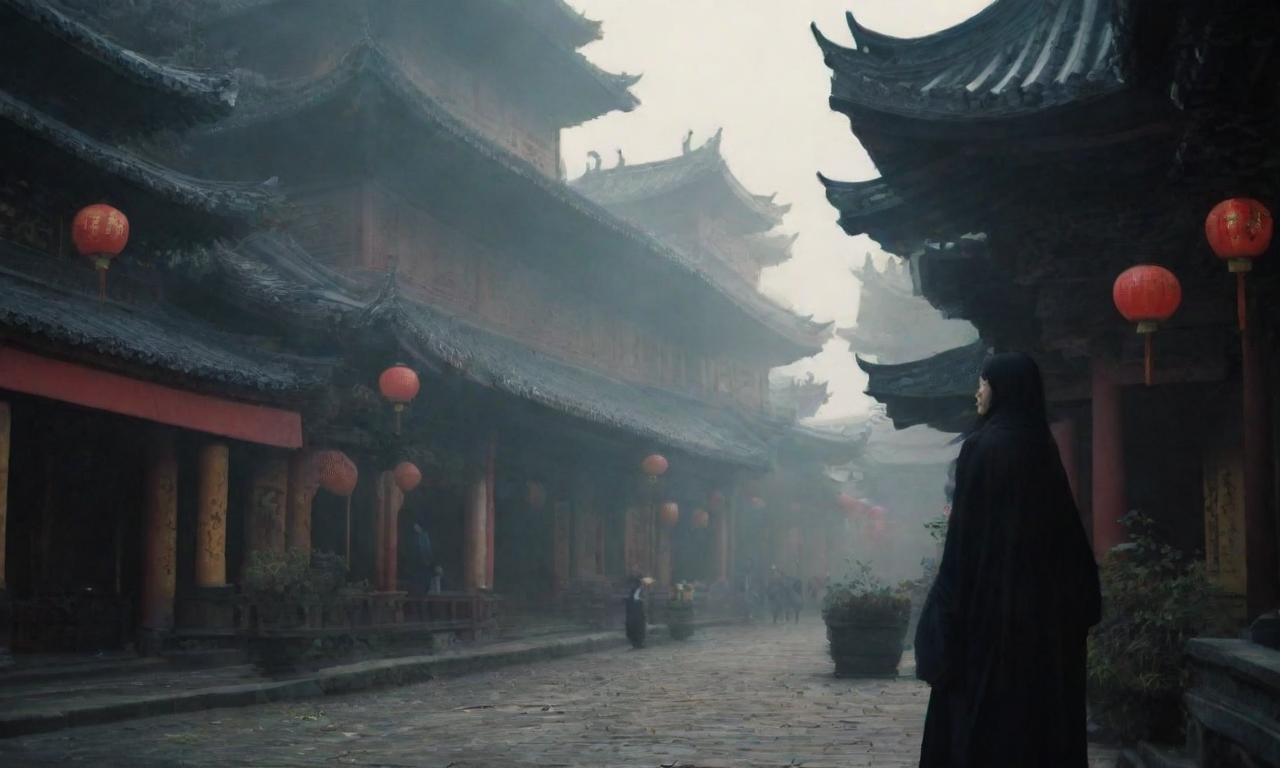Lu Shi (pseudonym), 25 years old this year, was directly admitted to pursue a Ph.D. at Peking University three years ago, due to his outstanding academic performance. In his third year as a Ph.D. student, he switched to a master's program and joined a major internet company. This January, he obtained his master's degree.
In his view, enrollment in the Ph.D. program wasn't a highlight; on the contrary, it felt like reaching the peak of a roller coaster, with life plunging downwards at high speed afterward. It wasn't until he made the decision to switch from a Ph.D. to a master's that he regained control of his life.
This is a story of a "small-town exam juggernaut" breaking away from path-dependence, as well as a tale of a doctoral student from a prestigious university coming to terms with himself. In multiple interviews with the reporter, Lu Shi showed no hesitation about his decision to switch; he is grateful it marked the beginning of independent thinking.
Below is his account ——
Like any new Ph.D. student, my plan was to work hard on experiments, publish papers, and find a respectable university teaching job after graduation. However, the "daily routine" of Ph.D. students from different research teams during the lab rotation phase gave me quite a shock. One advisor would promptly start a group meeting every Saturday at 6 pm, where every student was expected to report on progress and analyze literature. Perhaps because of the team's high enthusiasm for science, the meetings involved continuous questions and answers and lasted until midnight. During these nearly six-hour weekend meetings, I felt like an outsider. The abstract theories and mechanisms that were discussed were not of interest to me, and I seldom participated actively. What puzzled me even more was why the meetings had to eat into weekends and linger until late at night. Out of interest, I chose a newly established lab. The atmosphere in the lab was harmonious, leaning towards a free and interest-oriented environment. We submitted electronic progress reports weekly and gave public presentations every three months. At that time, my research was focused on a somewhat beautiful and romantic species. In the lab, we observed their growth and mating behaviors, studying the adaptability of living organisms through diverse patterns. During the first summer of my Ph.D., we went to the Wuzhi Mountain Nature Reserve in Hainan for field observation. The climate there is warm and humid, a natural kingdom for flora and fauna. That was the first time I tasted wild star fruit, jackfruit, and passion fruit, and I also captured three wild rare species for the first time, setting a record for the lab. Looking back, that was one of the few happy times during my Ph.D. studies.
During my undergraduate studies, I didn't have much research experience and hadn't published a single paper. I thought I could publish some minor articles in the first two years of my Ph.D. to build confidence in research, but due to the specific nature of my research field, the cycles were long, and publishing papers quickly was unrealistic. Furthermore, upon entering the program, I thought that a Ph.D. graduate from Peking University would be able to land a university teacher's job, which seemed very decent in my parents' eyes. However, the reality turned out to be much more challenging than I imagined, with concepts like "up or out" and "007 working hours" quickly shattering my illusions. Peking University doctoral students receive a stipend of about 3,200 yuan per month. Living cost in Beijing is high, and even when eating at the canteen, I strictly controlled my meal cost to 10 to 15 yuan. Indulging in a cup of milk tea required much hesitation. If one doesn't want to live in a dorm and desires their own room, they have to bear the rent of at least 3,000 to 4,000 yuan per month for a shared house near the school. Life shouldn't be like this. I want my own room, to order food in the cafeteria without looking at the price, to city walk in Beijing's alleys on weekends. These are all reasonable desires, but in the doctoral environment, everyone expected me to suppress material desires, to focus on research like an incessant machine. Days were getting harder to endure. During those days of shuttling between the lab and dorm, several questions kept haunting me: I'm already in my 20s, do I still have to continue this grueling study life like a "high schooler"? Can I endure the long, arduous and impoverished life of a doctorate and postdoc for more than a decade, just to secure a "up or out" university teaching position? If the job I want to do doesn't require the enhancement of a doctoral degree, then is this title really necessary? The answer is no.
Before making up my mind, I consulted friends around me, senior classmates in the lab, and the university's psychologist and career counselor. Some voices told me, there's no smooth Ph.D. process; just bear with it. Others suggested I try a life outside of research. In the end, the attitude of the career counselor gave me some relief. I was given a set of MBTI assessment questions, and the results showed that my personality is more creative and may be better suited to interacting with people, not suited for boring and repetitive work. So, without my advisor knowing, I interned during the day and did research at night. My thought then was to first try the pace of an internet company. If I didn't like it, going back to school to continue the Ph.D. was still an option. According to university regulations, only third-year doctoral students can apply for a masters switch, and before that, I had the opportunity to make mistakes. In my second and third year as a doctoral student, I accumulated three internship experiences as a product manager at big tech firms. During this time, I truly experienced the "vastness" of Beijing. From Yiheyuan Road in Haidian District, where Peking University is located, to Xierqi, Xisanqi, and Wangjing, where a host of tech companies are based, commuting times of forty to fifty minutes are not uncommon in the sprawling capital. While interning at an internet company in Wangjing, I often had to switch between four or five subway rides, traversing most of Beijing with a one-way journey of roughly 1 hour and 19 minutes. But compared to spending all day cooped up in a lab, a few hours of commute didn't seem so long. After interning at several internet companies, I gradually sketched out an "Incomplete Portrait of a Big Firm." The most memorable feature was the ergonomic chair provided to employees. You could lean back on the chair for a brief rest during work—the posture that allows relaxation. Every Monday, I would hear colleagues in the big firm share their experiences of checking out new places, watching movies, and camping over the weekend. They even discussed these "work-unrelated" leisure activities in front of their managers, which would be unimaginable in the lab. Another possible way of life attracted me, and I no longer wanted to be a "small-town exam juggernaut" who followed inertia.
Born in 1998 in Huangshi, Hubei, into a typical family, my parents, like most, didn't understand professional directions. They advised me to choose the Mathematics major in my college entrance examination applications, which they perceived to be respectable. Actually, Psychology was my major of interest, but due to insufficient scores, I ended up enrolling in an Agricultural major, which was the top discipline in a certain "211" university. During my undergraduate, the school offered both theoretical and practical classes. Although I participated in some projects in the lab, I never received rigorous research training. As early as my first year, I was determined to pursue a master's degree without having to take a national postgraduate entrance exam, so maintaining a high GPA became my main task over the following four years, leaving me scarcely any time to consider future internship or employment options. By my third year, I ranked in the top 1% of my class. Back then, I thought securing a master's degree recommendation was enough. We also had "non-exam juggernauts" in our university. A classmate frequently skipped classes to take on several internships; I didn't understand him at the time. Looking back, several internships and finding an industry one likes could have led to a clearer career plan. Soon the master's recommendation season arrived, and I participated in a joint Ph.D. student cultivation project by Peking University, Tsinghua University, and the Beijing Institute of Life Sciences. In the interview, I appeared to be "very good at research," confidently answering every question from the interviewer, but only I knew that was a façade. Just like that, without having published a single paper and lacking research experience, I came to Peking University. Many "small-town exam juggernauts" like me may have a certain path-dependence towards "exam-taking." Around me, there are many master's and doctoral students who continue their studies and research with the mindset of "coming all this way." But only those who truly love research and enjoy the process of a Ph.D. are really suited for scientific research. Unfortunately, I am not one of them. At my young age, I hadn't realized that life wasn't just about getting a master's degree recommendation or pursuing a doctorate.
After making up my mind, I faced a new challenge: coming clean with my advisor and family. During my first internship, I had already discussed the idea of switching to a master's degree with my advisor. At the time, she suggested I try to hold on a little longer and said my research was progressing well. When she saw my determination to switch to master's studies, she stopped trying to persuade me to stay. As for family, during the time I decided to switch, my mother repeatedly tried to persuade me over the phone to "hang in there": as long as I get the doctorate, there would be good income and status. I could only repeatedly tell her that all of that was her imagination. From childhood to adulthood, we were taught to endure hardship; everything would be better once endured. For a long time, I constantly blamed myself for fearing the "hardship" of the Ph.D. process. Why couldn't I endure it for a few more years? But later, I realized that the best way to combat anxiety is not to double down on hard work and struggling, but to keep exploring until I find something I truly love. In September 2023, I submitted my Ph.D. to master's application to the school office. Because the reason given in the application was too simplistic, the first submission was rejected; in the second application, I wrote "due to insufficient physical and psychological states to support Ph.D. studies ..." which was then approved smoothly. A month later, after the National Day holiday, I returned to school from my hometown. When I entered the school gate, my campus card and facial recognition that had been used for 3 years became invalid, and I had to re-register with a master's student ID to get a new campus card. It was then that I realized there was no turning back from the "Ph.D. to master's" change. After the application was approved, I was completely relieved. Amidst writing my thesis, preparing for the master's thesis defense, and sending out resumes for job hunting, I discovered for the first time how beautiful autumn in Beijing could be. This time, I no longer felt guilty for relaxing outside research and finally began to truly enjoy each moment.
In the field of life sciences,
The Peak of the Roller Coaster
In September 2020, I arrived at Peking University for the first time. Back then, I thought there were no more obstacles in life.Like any new Ph.D. student, my plan was to work hard on experiments, publish papers, and find a respectable university teaching job after graduation. However, the "daily routine" of Ph.D. students from different research teams during the lab rotation phase gave me quite a shock. One advisor would promptly start a group meeting every Saturday at 6 pm, where every student was expected to report on progress and analyze literature. Perhaps because of the team's high enthusiasm for science, the meetings involved continuous questions and answers and lasted until midnight. During these nearly six-hour weekend meetings, I felt like an outsider. The abstract theories and mechanisms that were discussed were not of interest to me, and I seldom participated actively. What puzzled me even more was why the meetings had to eat into weekends and linger until late at night. Out of interest, I chose a newly established lab. The atmosphere in the lab was harmonious, leaning towards a free and interest-oriented environment. We submitted electronic progress reports weekly and gave public presentations every three months. At that time, my research was focused on a somewhat beautiful and romantic species. In the lab, we observed their growth and mating behaviors, studying the adaptability of living organisms through diverse patterns. During the first summer of my Ph.D., we went to the Wuzhi Mountain Nature Reserve in Hainan for field observation. The climate there is warm and humid, a natural kingdom for flora and fauna. That was the first time I tasted wild star fruit, jackfruit, and passion fruit, and I also captured three wild rare species for the first time, setting a record for the lab. Looking back, that was one of the few happy times during my Ph.D. studies.
The Downward Plunge
However, in the first year of my Ph.D., I started to doubt the meaning of pursuing a doctorate.During my undergraduate studies, I didn't have much research experience and hadn't published a single paper. I thought I could publish some minor articles in the first two years of my Ph.D. to build confidence in research, but due to the specific nature of my research field, the cycles were long, and publishing papers quickly was unrealistic. Furthermore, upon entering the program, I thought that a Ph.D. graduate from Peking University would be able to land a university teacher's job, which seemed very decent in my parents' eyes. However, the reality turned out to be much more challenging than I imagined, with concepts like "up or out" and "007 working hours" quickly shattering my illusions. Peking University doctoral students receive a stipend of about 3,200 yuan per month. Living cost in Beijing is high, and even when eating at the canteen, I strictly controlled my meal cost to 10 to 15 yuan. Indulging in a cup of milk tea required much hesitation. If one doesn't want to live in a dorm and desires their own room, they have to bear the rent of at least 3,000 to 4,000 yuan per month for a shared house near the school. Life shouldn't be like this. I want my own room, to order food in the cafeteria without looking at the price, to city walk in Beijing's alleys on weekends. These are all reasonable desires, but in the doctoral environment, everyone expected me to suppress material desires, to focus on research like an incessant machine. Days were getting harder to endure. During those days of shuttling between the lab and dorm, several questions kept haunting me: I'm already in my 20s, do I still have to continue this grueling study life like a "high schooler"? Can I endure the long, arduous and impoverished life of a doctorate and postdoc for more than a decade, just to secure a "up or out" university teaching position? If the job I want to do doesn't require the enhancement of a doctoral degree, then is this title really necessary? The answer is no.
From Peking University to Xierqi
A "rebellious" thought gradually took shape in my mind—I want to switch to a master's program.Before making up my mind, I consulted friends around me, senior classmates in the lab, and the university's psychologist and career counselor. Some voices told me, there's no smooth Ph.D. process; just bear with it. Others suggested I try a life outside of research. In the end, the attitude of the career counselor gave me some relief. I was given a set of MBTI assessment questions, and the results showed that my personality is more creative and may be better suited to interacting with people, not suited for boring and repetitive work. So, without my advisor knowing, I interned during the day and did research at night. My thought then was to first try the pace of an internet company. If I didn't like it, going back to school to continue the Ph.D. was still an option. According to university regulations, only third-year doctoral students can apply for a masters switch, and before that, I had the opportunity to make mistakes. In my second and third year as a doctoral student, I accumulated three internship experiences as a product manager at big tech firms. During this time, I truly experienced the "vastness" of Beijing. From Yiheyuan Road in Haidian District, where Peking University is located, to Xierqi, Xisanqi, and Wangjing, where a host of tech companies are based, commuting times of forty to fifty minutes are not uncommon in the sprawling capital. While interning at an internet company in Wangjing, I often had to switch between four or five subway rides, traversing most of Beijing with a one-way journey of roughly 1 hour and 19 minutes. But compared to spending all day cooped up in a lab, a few hours of commute didn't seem so long. After interning at several internet companies, I gradually sketched out an "Incomplete Portrait of a Big Firm." The most memorable feature was the ergonomic chair provided to employees. You could lean back on the chair for a brief rest during work—the posture that allows relaxation. Every Monday, I would hear colleagues in the big firm share their experiences of checking out new places, watching movies, and camping over the weekend. They even discussed these "work-unrelated" leisure activities in front of their managers, which would be unimaginable in the lab. Another possible way of life attracted me, and I no longer wanted to be a "small-town exam juggernaut" who followed inertia.
The "Small-town Exam Juggernaut"
I was indeed a "small-town exam juggernaut," perhaps atypical.Born in 1998 in Huangshi, Hubei, into a typical family, my parents, like most, didn't understand professional directions. They advised me to choose the Mathematics major in my college entrance examination applications, which they perceived to be respectable. Actually, Psychology was my major of interest, but due to insufficient scores, I ended up enrolling in an Agricultural major, which was the top discipline in a certain "211" university. During my undergraduate, the school offered both theoretical and practical classes. Although I participated in some projects in the lab, I never received rigorous research training. As early as my first year, I was determined to pursue a master's degree without having to take a national postgraduate entrance exam, so maintaining a high GPA became my main task over the following four years, leaving me scarcely any time to consider future internship or employment options. By my third year, I ranked in the top 1% of my class. Back then, I thought securing a master's degree recommendation was enough. We also had "non-exam juggernauts" in our university. A classmate frequently skipped classes to take on several internships; I didn't understand him at the time. Looking back, several internships and finding an industry one likes could have led to a clearer career plan. Soon the master's recommendation season arrived, and I participated in a joint Ph.D. student cultivation project by Peking University, Tsinghua University, and the Beijing Institute of Life Sciences. In the interview, I appeared to be "very good at research," confidently answering every question from the interviewer, but only I knew that was a façade. Just like that, without having published a single paper and lacking research experience, I came to Peking University. Many "small-town exam juggernauts" like me may have a certain path-dependence towards "exam-taking." Around me, there are many master's and doctoral students who continue their studies and research with the mindset of "coming all this way." But only those who truly love research and enjoy the process of a Ph.D. are really suited for scientific research. Unfortunately, I am not one of them. At my young age, I hadn't realized that life wasn't just about getting a master's degree recommendation or pursuing a doctorate.
There's No Turning Back
On the surface, the "Ph.D. to master's" switch seems surprisingly simple, requiring only a written document signed by the advisor.After making up my mind, I faced a new challenge: coming clean with my advisor and family. During my first internship, I had already discussed the idea of switching to a master's degree with my advisor. At the time, she suggested I try to hold on a little longer and said my research was progressing well. When she saw my determination to switch to master's studies, she stopped trying to persuade me to stay. As for family, during the time I decided to switch, my mother repeatedly tried to persuade me over the phone to "hang in there": as long as I get the doctorate, there would be good income and status. I could only repeatedly tell her that all of that was her imagination. From childhood to adulthood, we were taught to endure hardship; everything would be better once endured. For a long time, I constantly blamed myself for fearing the "hardship" of the Ph.D. process. Why couldn't I endure it for a few more years? But later, I realized that the best way to combat anxiety is not to double down on hard work and struggling, but to keep exploring until I find something I truly love. In September 2023, I submitted my Ph.D. to master's application to the school office. Because the reason given in the application was too simplistic, the first submission was rejected; in the second application, I wrote "due to insufficient physical and psychological states to support Ph.D. studies ..." which was then approved smoothly. A month later, after the National Day holiday, I returned to school from my hometown. When I entered the school gate, my campus card and facial recognition that had been used for 3 years became invalid, and I had to re-register with a master's student ID to get a new campus card. It was then that I realized there was no turning back from the "Ph.D. to master's" change. After the application was approved, I was completely relieved. Amidst writing my thesis, preparing for the master's thesis defense, and sending out resumes for job hunting, I discovered for the first time how beautiful autumn in Beijing could be. This time, I no longer felt guilty for relaxing outside research and finally began to truly enjoy each moment.
Reconciliation with Myself
The autumn recruitment of 2023 came a bit earlier than before.In the field of life sciences,

